Former Speccie columnist and would-be federal Treasurer Chris Bowen clearly is in need of a decent sub-editor to help him with his comparative adjectival clauses: ‘The most important photo that has been taken this decade, this century so far’, he opined on the ABC’s Q&A last week, referring, of course, to the sad and poignant shot of a young Syrian child being carried, dead, off a beach. Mr Bowen is entitled to his opinion, but a writer or wordsmith more concerned with the truth than with crowd-pleasing hyperbole might be tempted to replace the word ‘important’ with the word ‘misleading’.
Warming to his theme, Mr Bowen went on, somewhat unoriginally, to draw a direct comparison between the tragic photo of three-year-old Aylan Kurdi who drowned off Bodrum and ‘that photo of Kim Phuc running away from the napalm in Vietnam…’
Well, no. The only way there would be a genuine comparison between the two is if it turned out later that Kim Phuc hadn’t been running away from a napalm attack on her village but was in fact being chased down the road by her father.
A photo that arouses genuine compassion and human emotions, and thereby leads governments to take certain specific actions, that is based on the truth is indeed worthy of being lauded for its historic importance. A photo that is seized on by politicians and others to disingenuously further their cause, despite it being largely irrelevant to that cause, is called propaganda.
It goes without saying that the death of any child is heart-breaking. Especially drowning, as we know only too well in this country. It also goes without saying that, indirectly, this child died because of the conflict in Syria. But the truth is that his father had been living safely in Turkey for some time, and the highly irresponsible decision to risk his children’s lives on an unsafe vessel in the middle of the night was done because the father wished to access expensive medical facilities in Germany for himself courtesy of the generous European welfare system.
Yet an advertisement run in our national dailies ‘appealing to all Australians’ on behalf of a group of NGOs demanding our government increase our refugee intake as well as our overseas aid does so on the perception, cunningly worded by a copywriter, that the young boy was facing ‘the daily threat of being abused, tortured or killed’. Again, no he wasn’t.
Why is this important? Surely, the compassionate individual would argue, the means justifies the ends, and the laudable fact that this photograph has galvanised world opinion, and encouraged governments including our own to up their refugee intake overrides semantic distinctions and pedantic details. Perhaps, but if the truth can be so easily overlooked, and facts and motivations so casually dismissed, then we are on a slippery slope indeed.
The generosity of the West’s welfare states, combined with “progressive” open border policies and a ruthless people-smuggling industry, is a deadly trap that can and will lure untold further numbers of economic refugees to their deaths. Arguably, this is just the beginning. Ultimately, that is the brutal, confronting truth behind the photo of Aylan Kurdi. It is foolish to pretend otherwise.
Frydenberg joshes
For those who bemoan the lack of standout parliamentary performers, a new star is on the horizon. Take a bow Josh Frydenberg, MP for Kooyong and the federal Assistant Treasurer.
Several of Mr Frydenberg’s recent Question Time performances have seen a devastating mixture of forensic research, a crystal clear narrative, and welcome dollops of razor-sharp wit and humour. All, it must be said, at the expense of one William Shorten esquire.
Mr Frydenberg’s schtick, as it were, has at its heart one devastatingly effective tactic: he quotes the opposition leader’s words back at himself, exposing Mr Shorten’s mangled syntax, self-contradictory statements and complete lack of genuine conviction for all to see. Best of all, Mr Frydenberg’s research exposes a lack of credibility. Highlights include: ‘What is it that we’re going to sell China in the future that we’re not selling them now?’ , ‘We remain to be convinced that any such deal with China can be in the national interest’, ‘Everybody is somebody’, and this gem from a Shorten speech to the Moonee Ponds Bowls Club:
‘A great illuminating, egalitarian, enthusing idea that steadies the hand that rocks the cradle and broadens the smile that you bestow on a sleeping baby knowing at least in part that your future is secure… I give you stronger super.’ Come again?
Got something to add? Join the discussion and comment below.
Get 10 issues for just $10
Subscribe to The Spectator Australia today for the next 10 magazine issues, plus full online access, for just $10.
You might disagree with half of it, but you’ll enjoy reading all of it. Try your first month for free, then just $2 a week for the remainder of your first year.


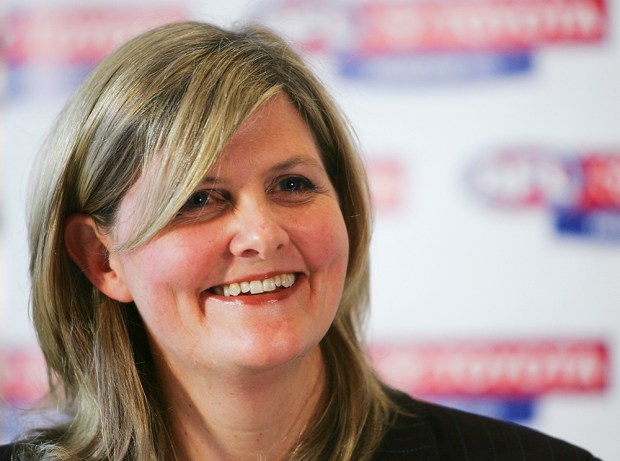
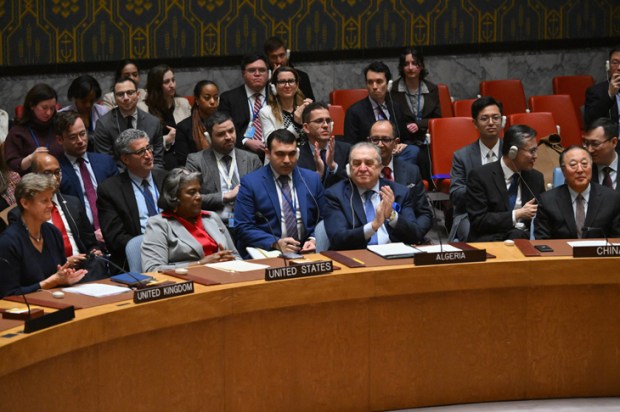
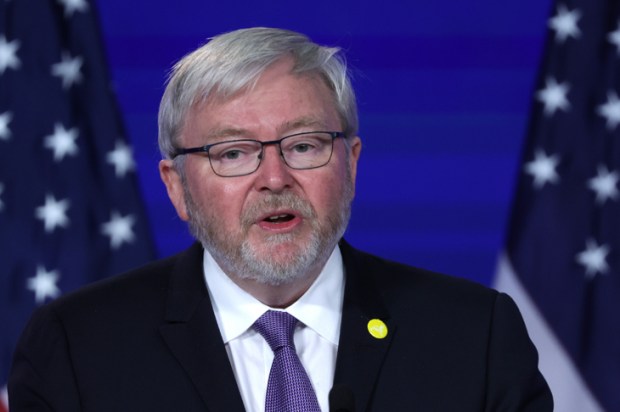
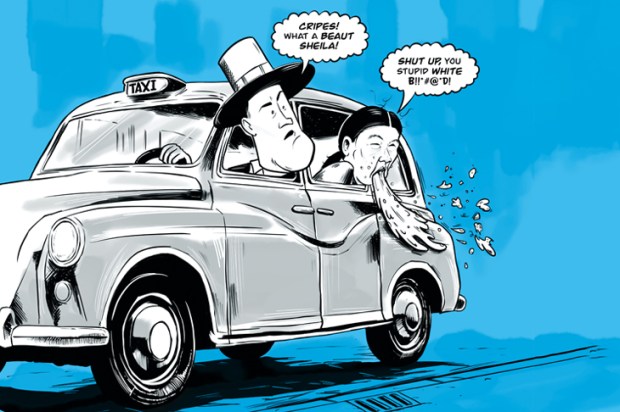
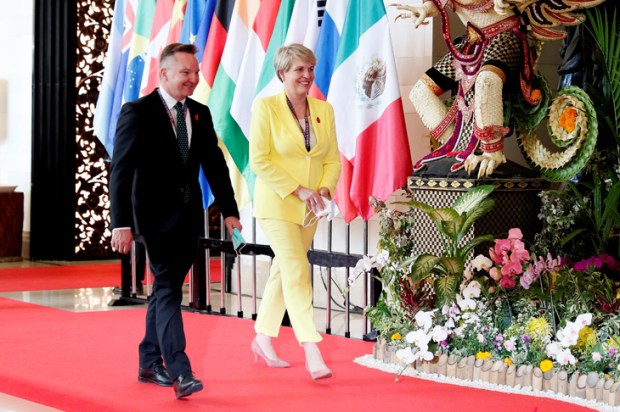
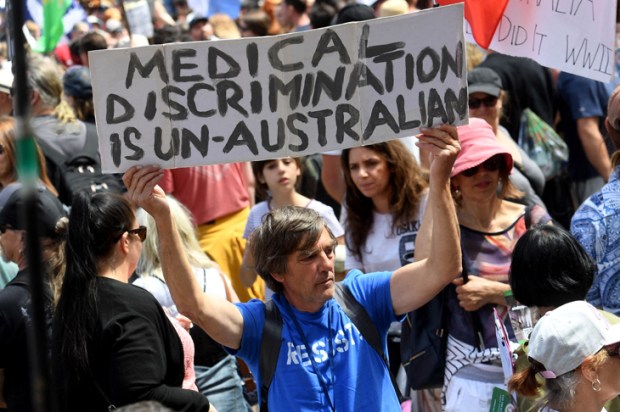






Comments
Don't miss out
Join the conversation with other Spectator Australia readers. Subscribe to leave a comment.
SUBSCRIBEAlready a subscriber? Log in